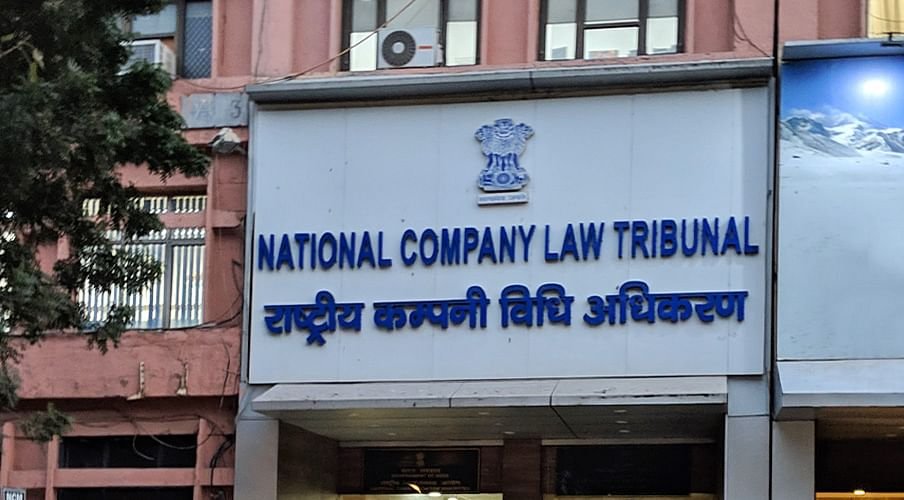“We fail to understand as to how the complaints committee after being equated with a judge in a judicial proceeding be denied that privilege,” the apex court observed while setting aside a Gauhati High Court order.
On Monday, the Supreme Court issued a decision affirming the authority of complaints committees investigating workplace sexual harassment cases to question witnesses during the inquiry proceedings. The case, titled Dilip Paul versus Union of India and Others, saw a tribunal consisting of Chief Justice of India (CJI) DY Chandrachud, Justices JB Pardiwala, and Manoj Misra drawing a parallel between these proceedings and judicial processes.
The bench found that both the relevant provision and statutory restrictions did not limit the complaints committee’s ability to question witnesses beyond what was specified. The court emphasized that, akin to a presiding officer in a court, the complaints committee must be allowed to ask its own questions to ensure a proper, fair, and thorough inquiry.
This ruling by the Supreme Court overturned a previous decision by the Gauhati High Court, which had ruled that certain inquiry proceedings were compromised due to the complaints committee’s questioning of prosecution witnesses.
The Supreme Court disagreed with the High Court’s perspective, arguing that accepting its observations would undermine the complaints committee’s authority in conducting inquiries, reducing it to a mere recording entity. The court questioned the purpose of a “inquiry authority” if it was not allowed to interrogate witnesses.
The court stressed the importance of discouraging sexual harassment and noted that such accusations can be easy to make and challenging to refute. When allegations are accompanied by claims of false implication, the court emphasized the need for a thorough examination of the evidence to separate valid accusations from baseless ones.
Furthermore, the court cautioned against the misuse of the law under the pretext of addressing “sexual harassment,” as such actions can erode the credibility of the judicial system.
The case involved a senior officer from the Assam Services Selection Board who faced allegations of sexual harassment filed by a female colleague. Multiple investigations were conducted, including one by a Central Complaints Committee, which ultimately found the officer guilty and recommended a reduction in his pension and retiral dues since he retired during the investigation.
The Gauhati High Court had subsequently acquitted the officer, stating that the Committee had acted as a prosecutor in a case with “no evidence.” The Supreme Court, however, allowed the Central government’s appeal against the High Court’s decision.
The Supreme Court upheld the “preponderance of probabilities” standard of proof in disciplinary investigations and asserted that judicial intervention should occur only when disciplinary authorities make decisions that are manifestly illogical or unsupported by evidence. In this instance, the court found that there was indeed evidence and witnesses to support the complainant’s allegations, leading to the reinstatement of the Complaint Committee’s recommendation for the accused’s punishment.
The Central government was represented by attorney K. Parameswar, while advocate Avijit Roy represented the defendant in court.



